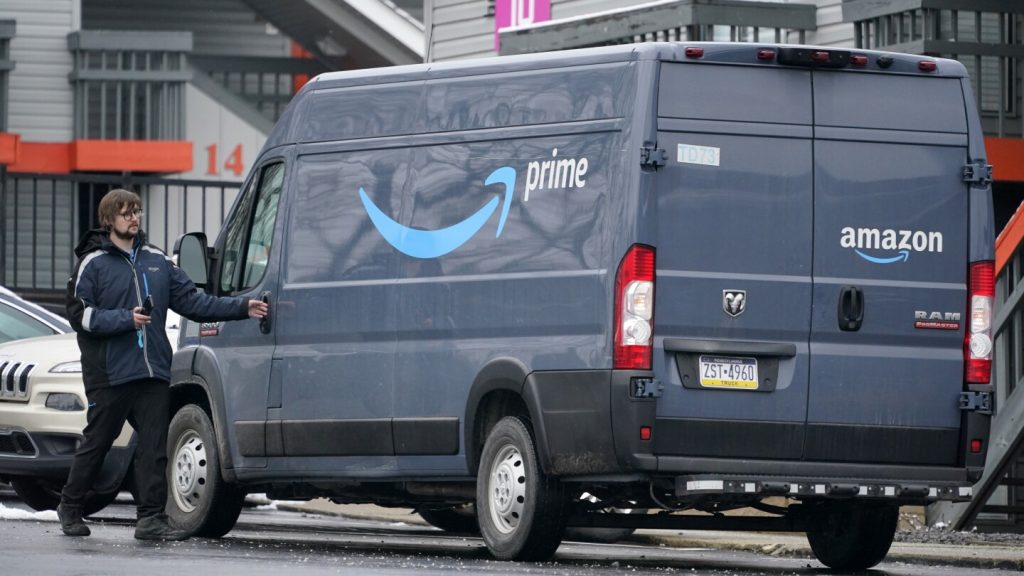The Wisconsin Supreme Court has upheld a lower court ruling that declared some delivery drivers for Amazon as employees, not independent contractors as Amazon had argued. The court dismissed the case, leaving a 2023 Wisconsin appeals court ruling against Amazon in place. This decision means that drivers in the Amazon Flex program are a part of the state’s unemployment insurance system and entitled to jobless pay if they are laid off. As a result, Amazon Logistics, an Amazon subsidiary, may face a tax bill of over $200,000.
The case was closely watched to see how it would impact workers in the gig economy. Labor unions and the state Department of Workforce Development had pushed for the Wisconsin Supreme Court to recognize the Amazon Flex workers as employees. An Amazon spokesperson expressed disappointment with the court’s decision and stated they are determining their next steps. On the other hand, the president of the Wisconsin AFL-CIO praised the court’s action, calling it a win for working people. She highlighted how misclassification of employees as independent contractors can deny workers essential workplace rights.
Courts across the country are grappling with similar questions about how to treat workers in the gig economy. The gig economy has resulted in a surge of court cases on the classification of workers as independent contractors or employees. Experts believe that the resolution of cases like the one in Wisconsin could have implications for gig companies nationwide. Each state has its own laws determining if workers are employees or independent contractors, which affects their wages, overtime pay, and eligibility for benefits like unemployment insurance.
The case in Wisconsin involved Amazon Flex workers who used an app on their personal phones to deliver packages for the company. After a worker was fired and filed for unemployment insurance, an audit determined that the majority of Amazon Logistics drivers were employees, not independent contractors. This led to a dispute between the state and Amazon over unemployment insurance premiums. The Wisconsin Court of Appeals overturned a lower court ruling, stating that the drivers were employees, which led to the appeal to the Supreme Court. Similar cases have been seen in other states as well.
Other states, such as Virginia and California, have also seen rulings on the classification of gig workers. A Virginia appeals court ruled that Amazon Flex drivers were employees, while a California state appeals court allowed ride-hailing and delivery companies like Uber and Lyft to treat their drivers as independent contractors. The U.S. Department of Labor recently enacted a new rule aimed at preventing worker misclassification, which could enhance legal protections and compensation for workers. However, this rule primarily focuses on wages and overtime, not unemployment compensation. The ongoing legal battles highlight the complexity and uncertainty surrounding the classification of workers in the gig economy.


